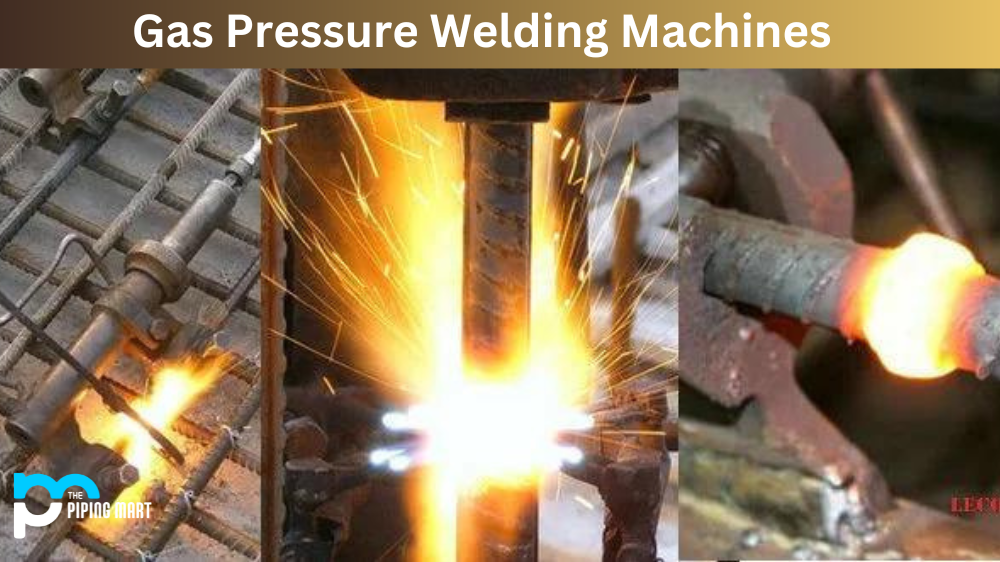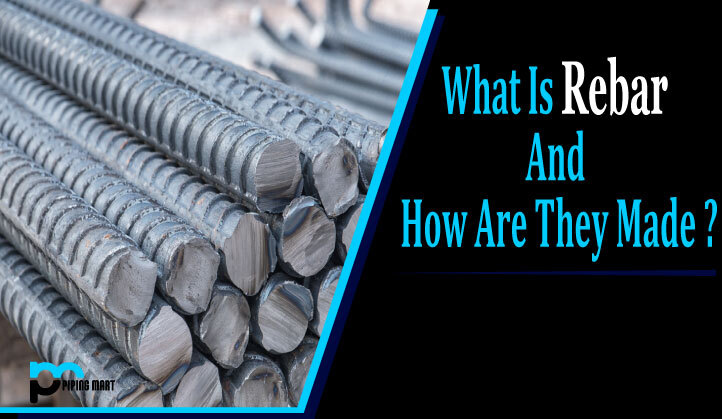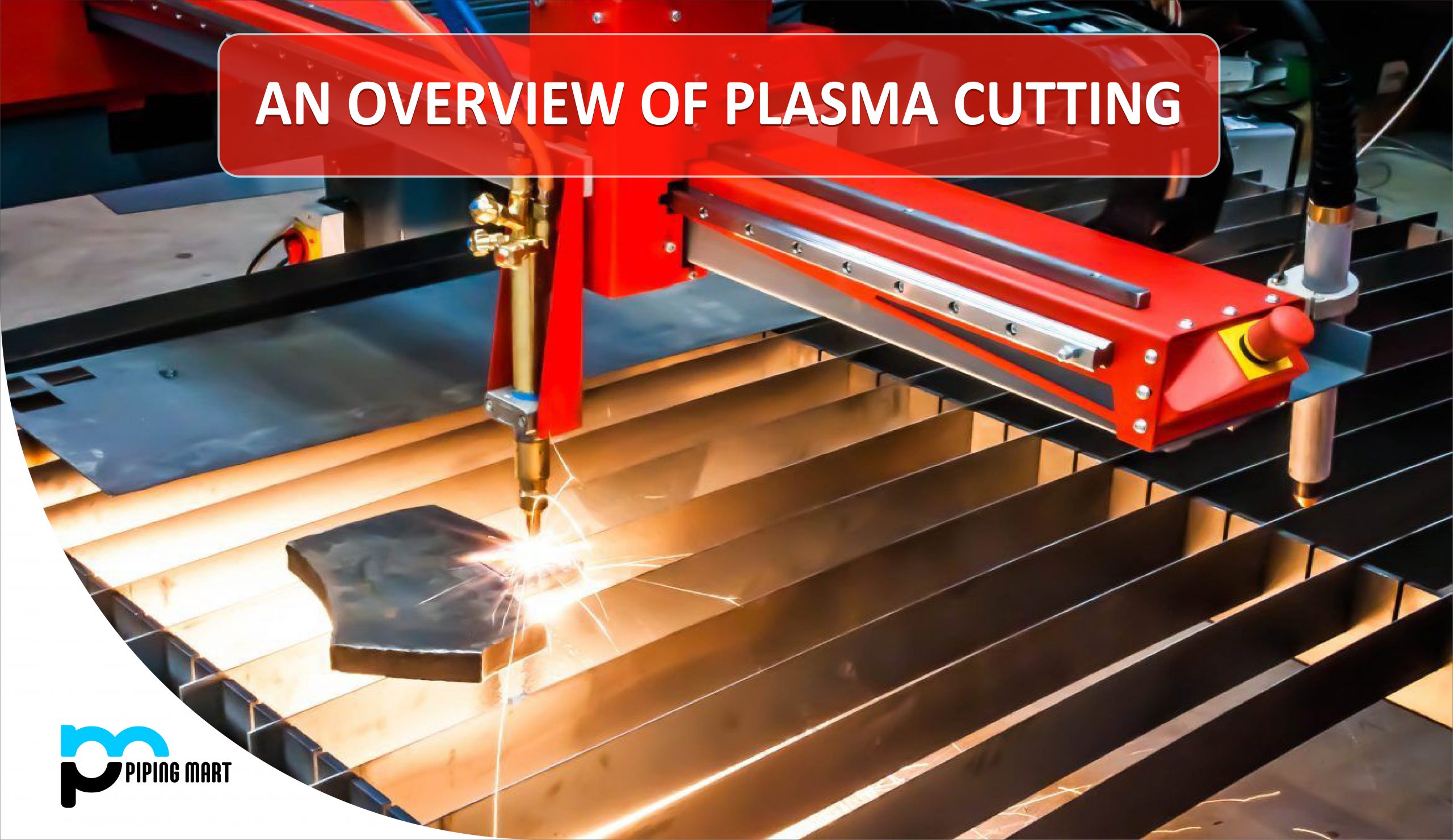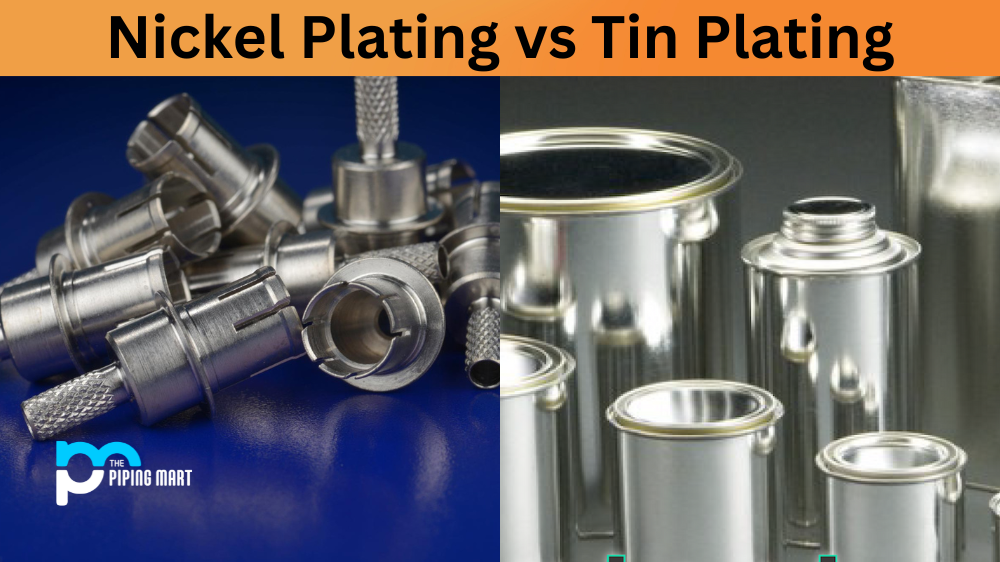Gas pressure welding is a process that combines two pieces of metal into one single piece. This type of welding uses no filler material and, as such, only requires one weld pass. Gas pressure welding machines use pressure to weld the two pieces together, creating a strong bond between them. To help you decide whether gas pressure welding is the right choice for your business, let’s take a look at its advantages and disadvantages.
Advantages of Gas Pressure Welding Machine
Gas pressure welding machines offer a number of advantages over other types of welding processes. Here are some key benefits that make it an attractive option for many fabrications businesses:
No Filler Material Needed
As already mentioned, this type of welding does not require additional filler material to join two pieces together. This reduces the costs associated with purchasing and storing different types of metals. It also means less time spent prepping and cleaning the area before beginning to weld.
Strong Bond
The bond created by gas pressure welding is incredibly strong and durable, making it ideal for applications where strength is essential. It also produces a smoother finish than other welding processes – meaning less time spent sanding or polishing after the job has been completed.
Safer Process
Gas pressure welding does not produce harmful fumes or gases like other types of welding, making it safer for both the welder and those close to the work area. Plus, because there is no need for additional materials or tools during the process, there’s less risk associated with potential fires or explosions caused by improperly stored/used materials or tools.
Disadvantages of Gas Pressure Welding Machine
Of course, gas-pressure welding machines also have their downsides too – here are some things to consider before investing in this type of machine:
Costly Machinery
While they can save you money in terms of supplies needed (no more buying extra metal!), gas pressure welding machines can be expensive upfront investments due to their complex mechanisms that require trained personnel to operate them properly.
Noisy Process
One major downside to this type of machine is that it can be quite noisy during operation, which can create distractions in close working quarters if proper noise-proof barriers aren’t set up beforehand (or if you don’t have access to them).
More Complicated Setup
Compared to regular arc welders, gas pressure welders require more setup time as they require precise measurements and calibrations to function correctly and produce quality results.
Conclusion:
In conclusion, gas pressure welding machines offer a number of advantages over traditional arc welders, including lower costs associated with supplies needed, stronger bonds between materials joined together, and a safer work environment for those involved with its use. These machines have some drawbacks, including costly upfront machinery and extra setup time required before beginning work on projects with them. Ultimately, whether or not you choose this type of machine should depend on your individual needs and your budget constraints since both factors will play an essential role in determining which option best suits your business needs going forward!

Abhishek is a seasoned blogger and industry expert, sharing his insights and knowledge on various topics. With his research, Abhishek offers valuable insights and tips for professionals and enthusiasts. Follow him for expert advice on the latest trends and developments in the metal industry.




